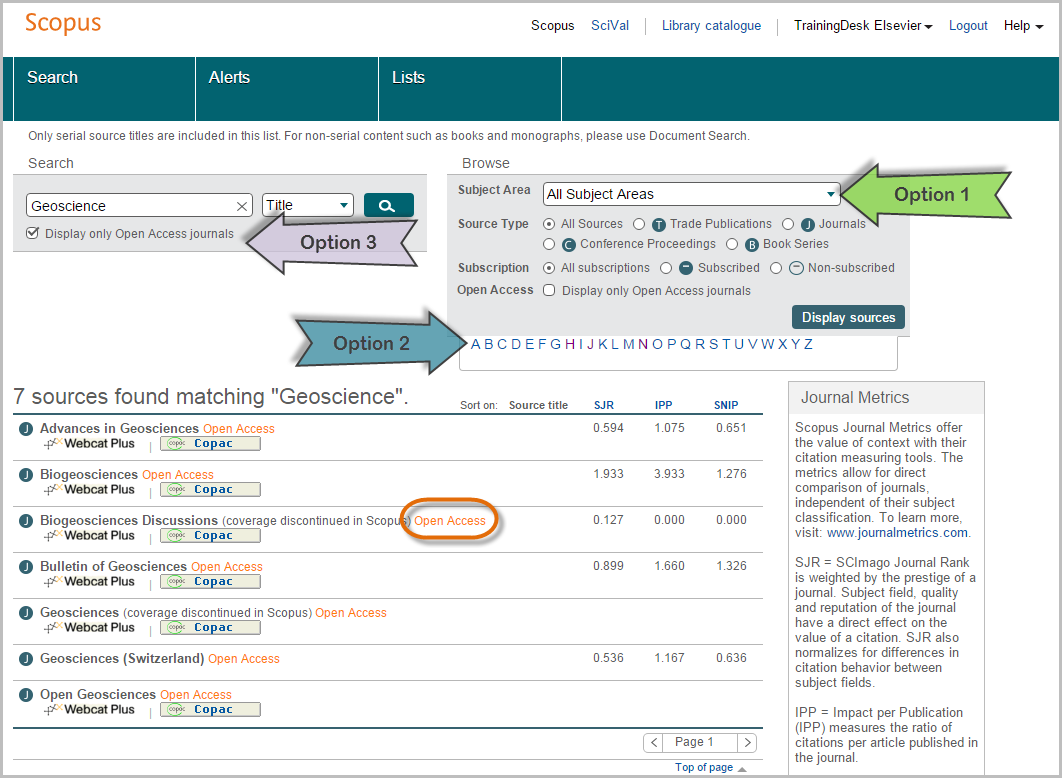Elsevier Bibliographic Databases Scopus
Researchers and institutions worldwide rely on bibliographic databases to navigate the vast landscape of scientific literature. Among these, Scopus, owned by Elsevier, stands as a prominent resource, claiming comprehensive coverage and robust citation analysis tools. Its role in shaping research evaluation and discovery continues to be a subject of discussion within the academic community.
Scopus is a bibliographic database launched in 2004 by Elsevier. It indexes abstracts and citations from peer-reviewed literature, including scientific journals, books, and conference proceedings. Elsevier positions Scopus as a comprehensive resource for researchers to track, analyze, and visualize research.
Key Features and Content
At its core, Scopus offers a searchable database of scholarly publications. It encompasses a wide array of disciplines, from science, technology, and medicine to social sciences, arts, and humanities. According to Elsevier, Scopus indexes over 84 million records, including over 27,500 active titles and 7,000 publishers.
One of Scopus's key features is its citation tracking functionality. Users can track how many times a particular article has been cited by other publications within the database. This allows researchers to gauge the impact and influence of their work and identify seminal publications in their field.
Beyond citation tracking, Scopus offers tools for analyzing research trends. Users can visualize citation data, identify prolific authors, and assess the research output of institutions. These analytical capabilities are used in research evaluation and strategic planning.
Impact on Research Evaluation
The data from Scopus is frequently used in research assessment exercises. Universities and research institutions often rely on citation counts and other metrics derived from Scopus to evaluate the performance of researchers and departments. The database's influence extends to funding allocation decisions.
However, the use of Scopus data in research evaluation is not without controversy. Critics argue that relying solely on citation-based metrics can be misleading. The criticism stems from the database's potential biases towards specific languages, regions, or research areas.
These limitations have led to calls for a more nuanced approach to research evaluation. Some advocate for combining quantitative data from databases like Scopus with qualitative assessments of research impact.
Alternative Databases
While Scopus is a major player, it is not the only bibliographic database available to researchers. Web of Science, produced by Clarivate Analytics, is another prominent resource. Google Scholar represents another alternative, offering broader coverage that includes grey literature.
Each database has its strengths and weaknesses in terms of coverage, search functionality, and citation analysis tools. Researchers often use multiple databases to ensure a comprehensive search of the literature.
Open access initiatives are further challenging the dominance of proprietary databases like Scopus. These initiatives aim to provide free and unrestricted access to scholarly research.
The Human Element
For researchers like Dr. Anya Sharma, a biologist studying climate change impacts on coastal ecosystems, Scopus is an essential tool. She uses the database to stay abreast of the latest research in her field and to track the impact of her own publications.
“Scopus helps me quickly identify relevant studies and see how my work fits into the broader research landscape," she explains. She recognizes the database's limitations but sees it as a valuable starting point for research discovery.
However, Dr. Sharma also emphasizes the importance of critical thinking and qualitative assessment when evaluating research. "Citation counts are just one piece of the puzzle," she notes, “they don’t tell the whole story."
Looking Ahead
Scopus continues to evolve, incorporating new features and expanding its coverage. Elsevier is investing in machine learning and artificial intelligence to enhance the database's capabilities.
The ongoing debate about research evaluation metrics and the rise of open access initiatives are shaping the future of bibliographic databases. The role of Scopus in this evolving landscape remains to be seen.
As research continues to grow, accessible and efficient tools remain important. How researchers utilize and critically assess the information will define the future of research discovery.

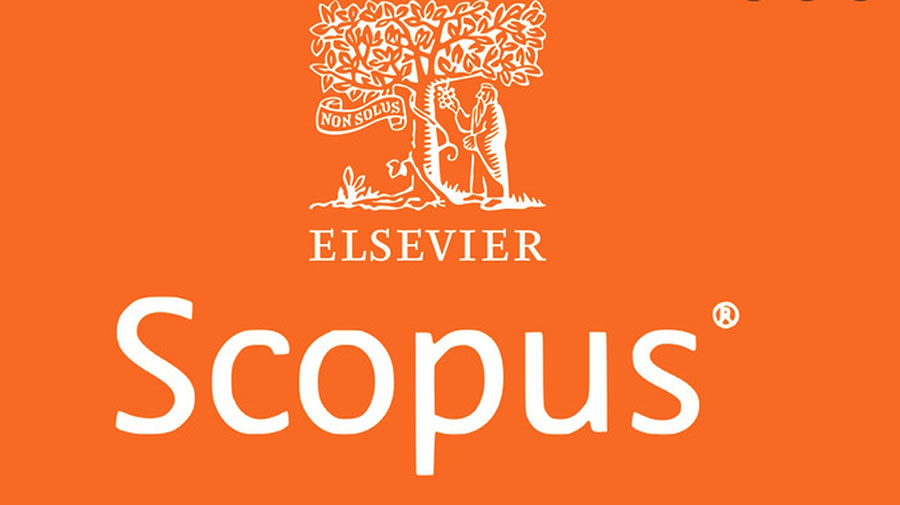

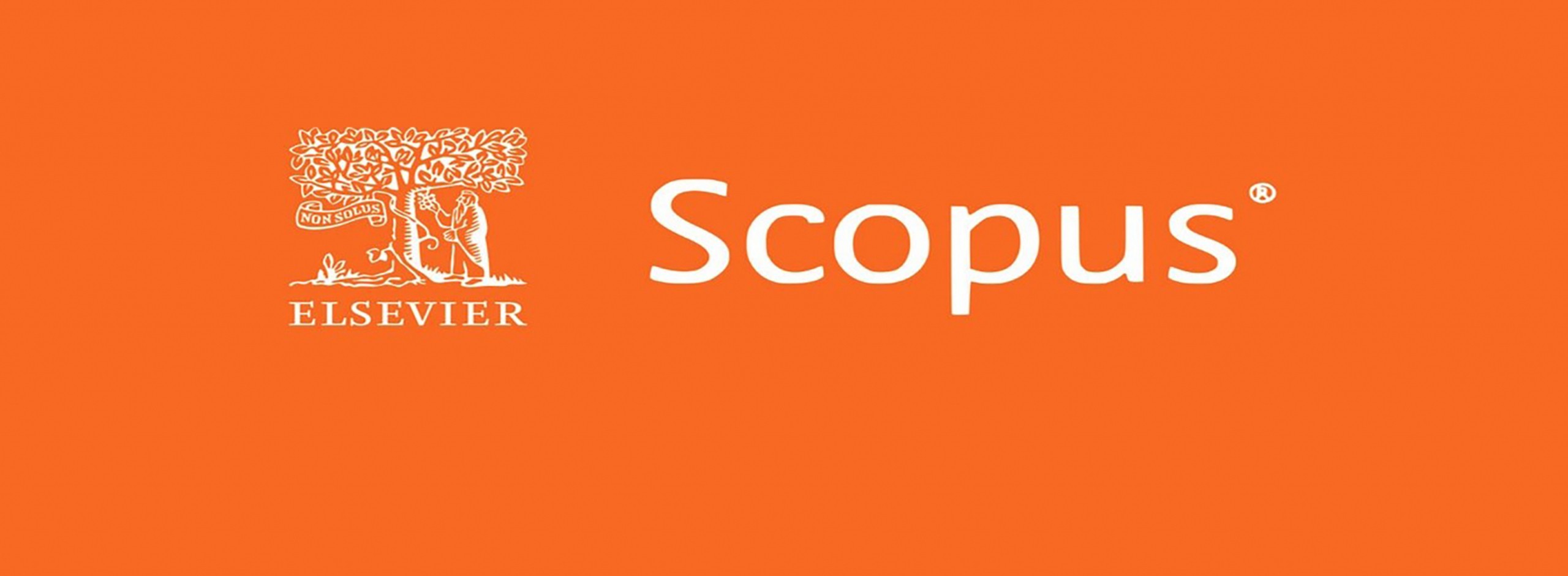

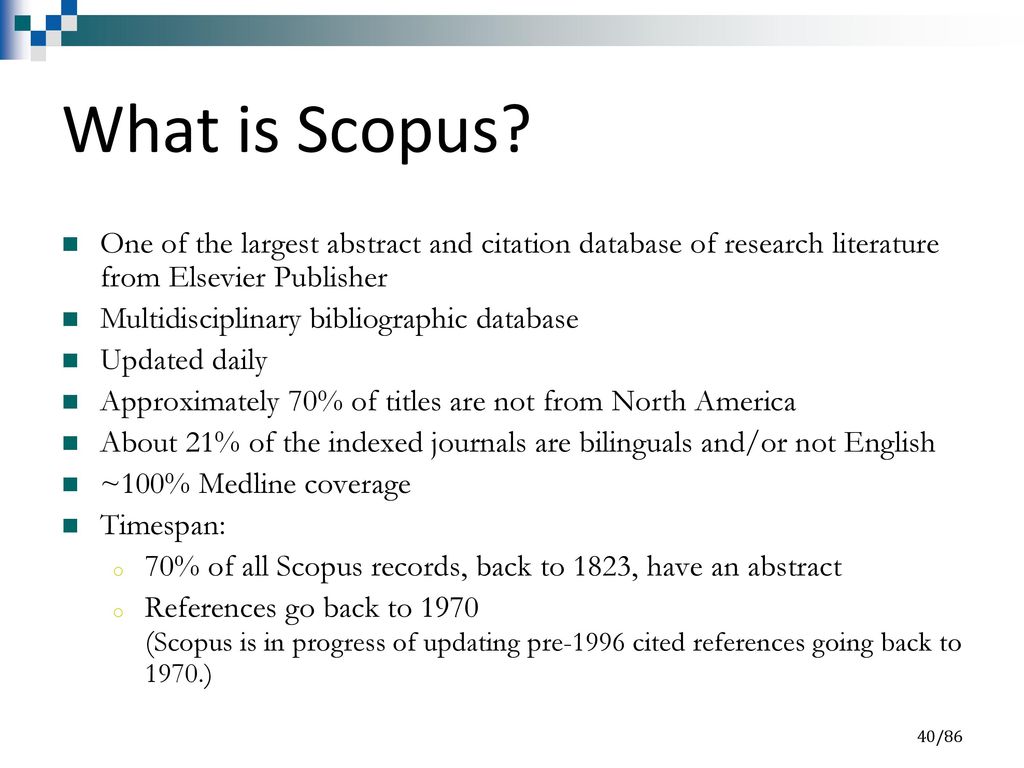
+Coverage.jpg)

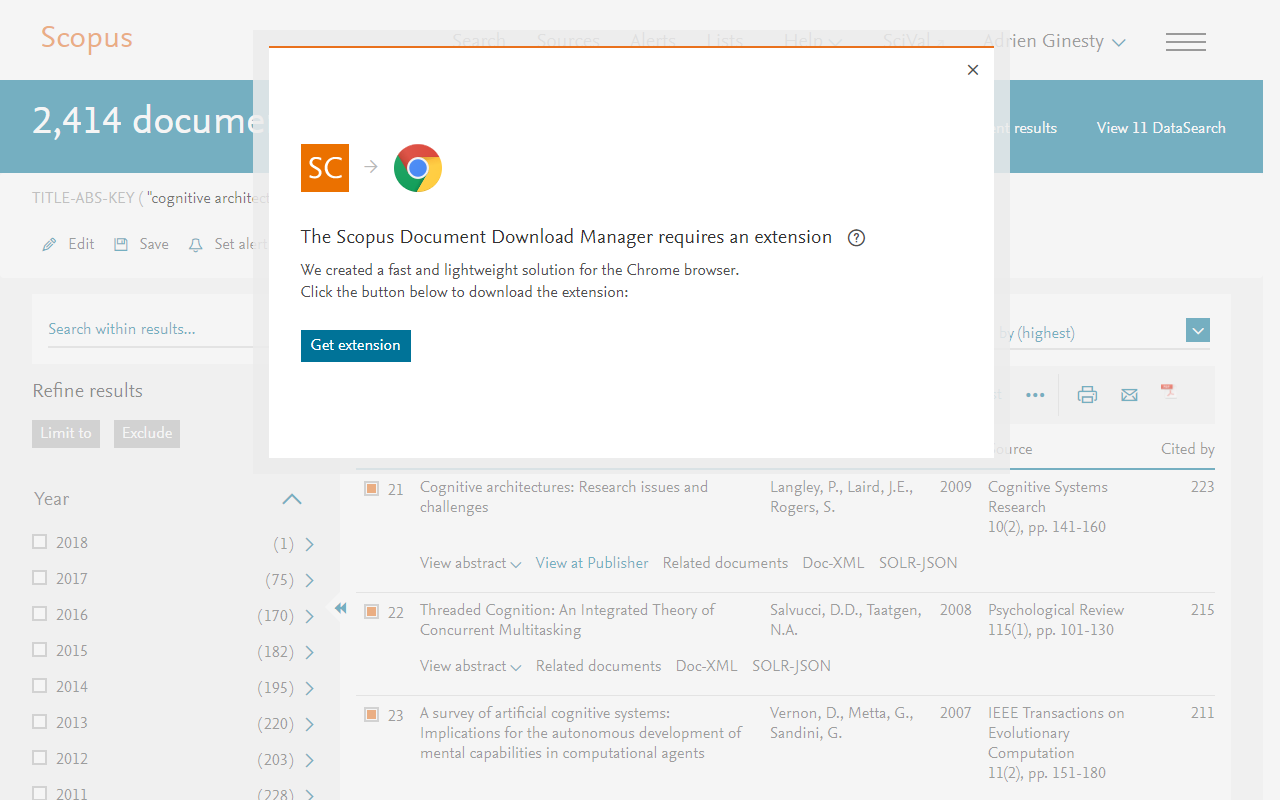
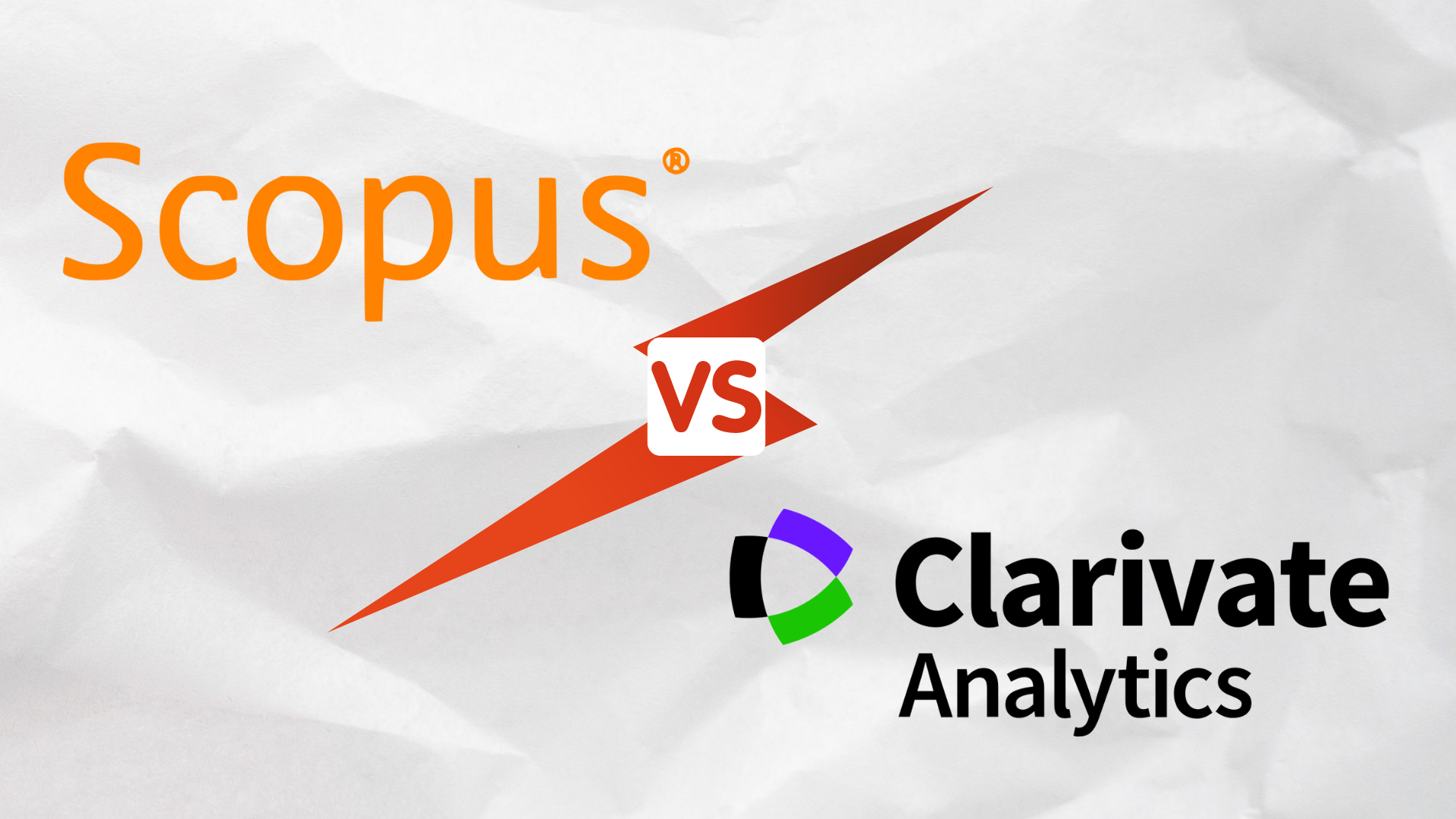


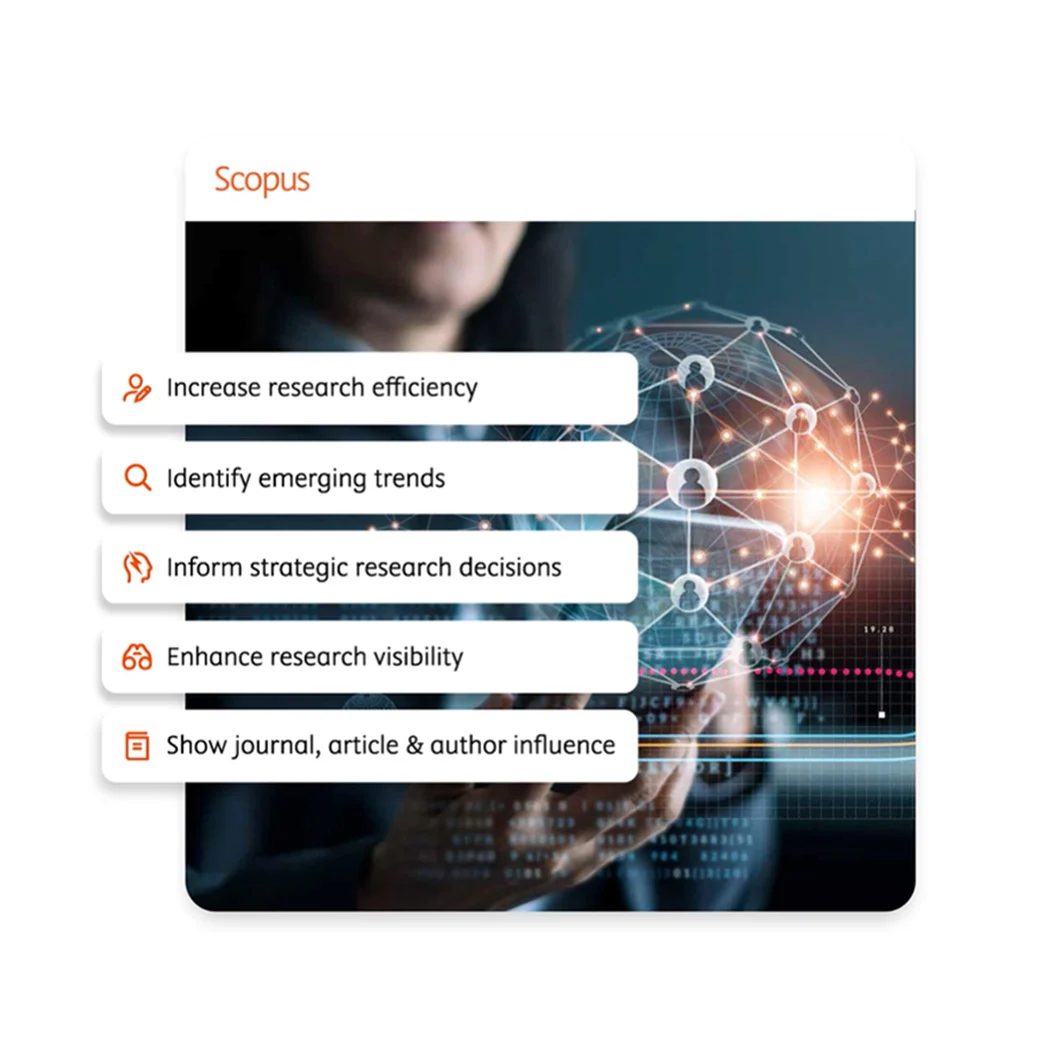
..jpg)

